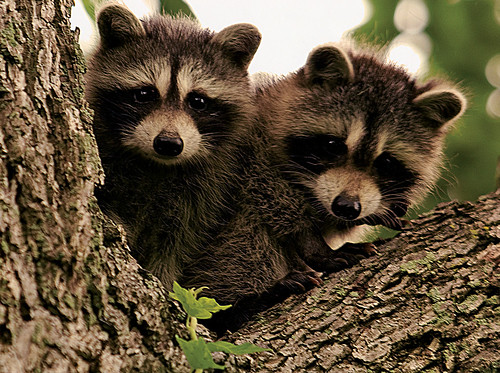Marylanders Reminded to Leave Wildlife Alone
Observe from a Safe Distance; Never Feed or Pet Wild Animals

Photo by Joseph Soares Jr.
Each year during the spring and summer months, the Maryland Department of Health and the Maryland Department of Natural Resources receive reports of residents attempting to care for or possess wild animals. These attempts are often made with good intentions, but pose serious risks to both the animals and humans involved.
Any wild animal, especially young wildlife, should be left alone in their natural environment. It is safe to observe wildlife from a distance, but do not attempt to feed, pet, or rescue any wild animal. Maryland law prohibits residents from possessing certain wild animals, including deer, raccoons, and foxes.
Attempting to “rescue” any young wild animal, even those that appear to have been abandoned, risks interfering with the animals’ natural adaptation to their environment and the development of their basic survival skills.
Additionally, wild animals perceived as needing “rehabilitation” may be sick. Attempting to care for any wild animals potentially exposes caregivers to diseases, including rabies.
To date this year, Maryland has diagnosed at least 106 animals with rabies, including raccoons, bats, and foxes. All mammals are susceptible to rabies, including wildlife and domestic species such as dogs and cats, though in the U.S., rabies is predominantly seen in wildlife.
If residents encounter a sick, injured, or nuisance wild animal, they should contact a licensed professional to handle the situation.
Nuisance, injured, or sick wildlife in Maryland can be reported by calling 1-877-463-6497. U.S. Department of Agriculture Wildlife Services operators are available from 8 a.m. to 4:30 p.m., Monday through Friday, except state holidays.
The Maryland Department of Natural Resources website provides a list of wildlife control cooperators and information on finding a licensed wildlife rehabilitator or reporting sick, injured, or nuisance wildlife.
